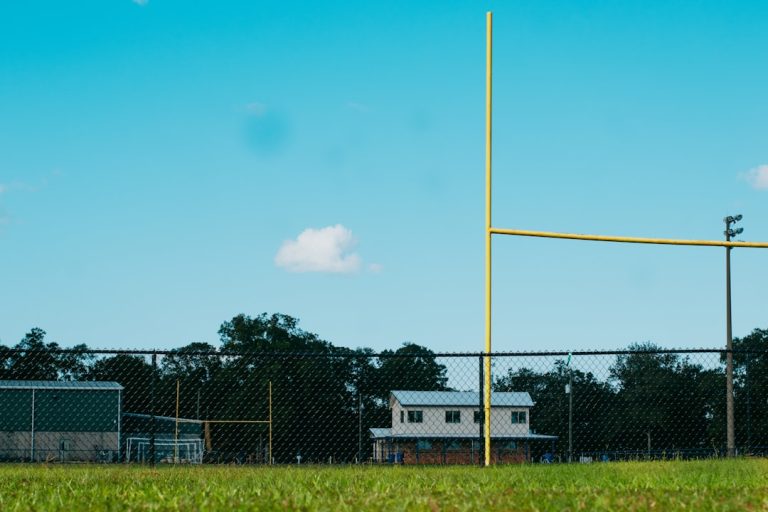Credit Score Needed For Unsecured Loan
Unsecured loans can be a great option for those looking to borrow money without having to put up collateral. Unlike secured loans that require an asset such as a house or car to secure the loan, unsecured loans are approved based on the borrower’s creditworthiness. One of the key factors that lenders consider when approving an unsecured loan is the borrower’s credit score.
What is a Credit Score?
A credit score is a three-digit number that represents a person’s creditworthiness. It is based on their credit history and helps lenders assess the risk of lending money to an individual. Credit scores typically range from 300 to 850, with higher scores indicating better creditworthiness.
Minimum Credit Score for an Unsecured Loan
While the minimum credit score required for an unsecured loan can vary depending on the lender, borrowers generally need a credit score of at least 620 to qualify for most unsecured loans. However, to get the best interest rates and terms, a credit score of 700 or higher is usually preferred.
Factors That Affect Your Credit Score
Several factors can impact your credit score, including:
- Payment History: Making on-time payments on your credit accounts helps boost your credit score.
- Credit Utilization: Keeping your credit card balances low in relation to your credit limits can positively impact your score.
- Length of Credit History: Having a longer credit history can demonstrate your ability to manage credit responsibly.
- New Credit: Opening multiple new credit accounts in a short period can lower your score.
- Credit Mix: Having a mix of different types of credit accounts, such as credit cards and installment loans, can benefit your score.
Improving Your Credit Score
If your credit score is below the threshold needed for an unsecured loan, there are steps you can take to improve it:
- Pay Your Bills on Time: Make sure to pay all your bills by their due dates to avoid late payments.
- Reduce Your Debt: Pay down existing debt to lower your credit utilization ratio.
- Check Your Credit Report: Regularly review your credit report for errors and dispute any inaccuracies that could be dragging down your score.
- Avoid Opening New Accounts: Limit new credit applications to prevent inquiries that can lower your score.
Conclusion
Your credit score plays a significant role in determining your eligibility for an unsecured loan. While the minimum credit score requirements vary by lender, aiming for a score of at least 620 or higher can improve your chances of qualifying for favorable loan terms. By understanding how credit scores work and taking steps to improve yours, you can position yourself for financial success and access the funding you need through unsecured loans.
Remember, it’s essential to regularly monitor and maintain a good credit score not only for loan approvals but also for various financial opportunities that may come your way in the future.






